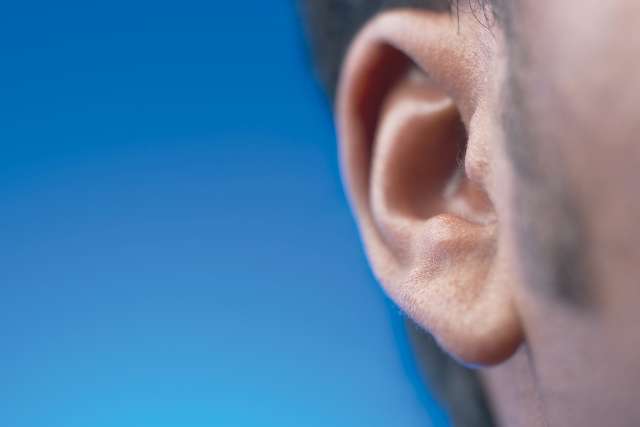Dear Doctors: Our 12-year-old son loves swimming. He's in the pool all year, without any problems. This summer, he started taking surfing lessons, and he got a pretty bad earache. His pediatrician diagnosed swimmer's ear. Did switching from the pool to the ocean have anything to do with it?
Dear Reader: Swimmer's ear is a term that describes inflammation or infection in the external auditory canal. That's the portion of the ear between the eardrum and the outer ear. The medical term is otitis externa, and it is sometimes shortened to OE.
Swimmer's ear often arises due to moisture that gets trapped in the curves and crannies of the ear canal. This creates the ideal environment for a bacterial infection, which is the most common cause of swimmer's ear. It's less common, but swimmer's ear can be caused by a fungus, as well. The name of the condition refers to swimming, which for much of the U.S. suggests a pool. However, the trigger is any type of moisture that lingers in the ear. It can come from any source. This includes a pool, the ocean, a lake, a shower, a bath, perspiration or even persistent humidity.
Symptoms of swimmer’s ear include redness, pain, swelling or itchiness in the external ear canal. Some people experience a feeling of fullness in the ear. The condition can lead to muffled or reduced hearing and can cause a humming or buzzing sound. More severe infection can result in a swollen gland in the neck, fever and the presence of pus in the ear canal. Diagnosis is made with a visual inspection of the outside and inside of the ear. A lighted instrument known as an otoscope may be used to look deeper inside the ear. Sometimes, the eardrum may appear inflamed or swollen. When pus is present, the doctor may collect a sample for analysis.
Treatment focuses on clearing up the infection and managing any discomfort. This typically includes the use of antibacterial ear drops. If the infection is fungal in origin, antifungal ear drops, such as fluconazole and clotrimazole, may be prescribed. Corticosteroid drops may also be used to manage swelling and itching. If discomfort is severe, over-the-counter pain medications can be helpful. With prompt treatment, the condition usually clears up in a week to 10 days. However, it's important to adhere to the schedule of medication, and to keep the ear canal clean and dry.
The use of ear plugs when swimming or taking part in other types of water activities can help prevent swimmer’s ear. This can be particularly useful for your son as he pursues his interest in surfing. The infection of swimmer's ear sometimes arises due to scratches or cuts that are present in the outer ear canal, so take great care when cleaning the area. After immersing his head in water, he should tilt the head and allow any excess water to exit the ear. Specially formulated ear drops that dry the ear canal are also available. You can check with your son's pediatrician as to whether these might be helpful for him.
(Send your questions to [email protected], or write: Ask the Doctors, c/o UCLA Health Sciences Media Relations, 10960 Wilshire Blvd., Suite 1955, Los Angeles, CA, 90024. Owing to the volume of mail, personal replies cannot be provided.)





